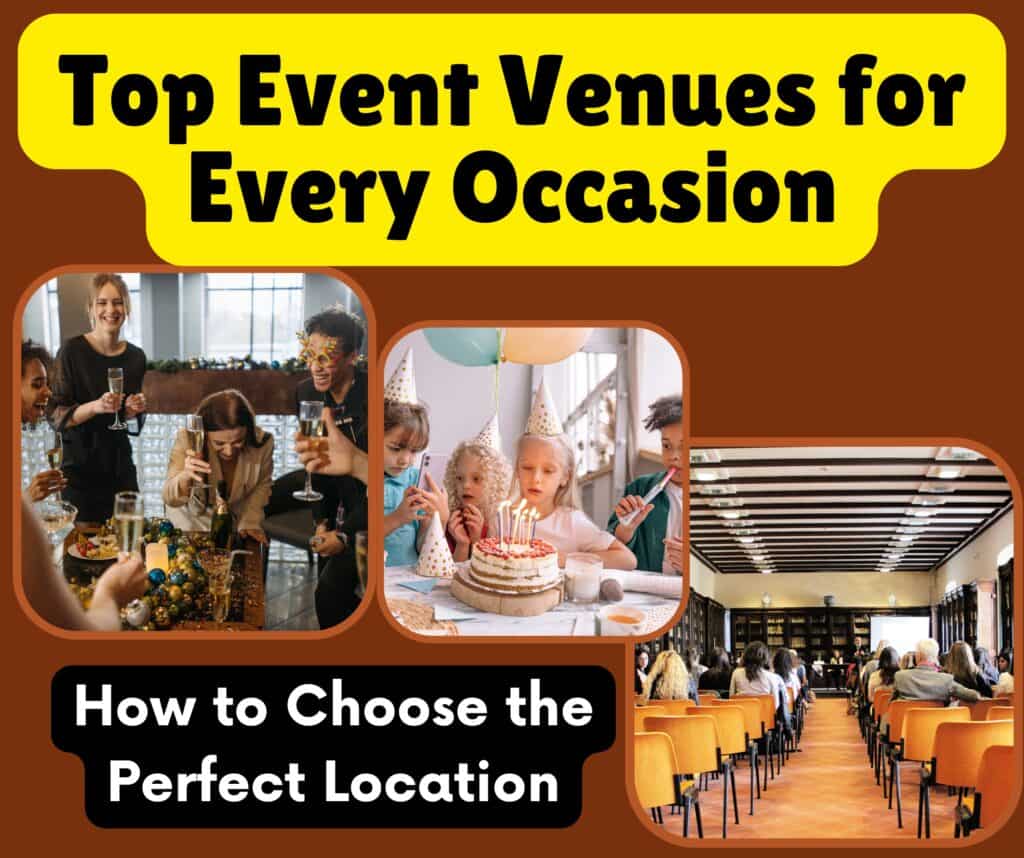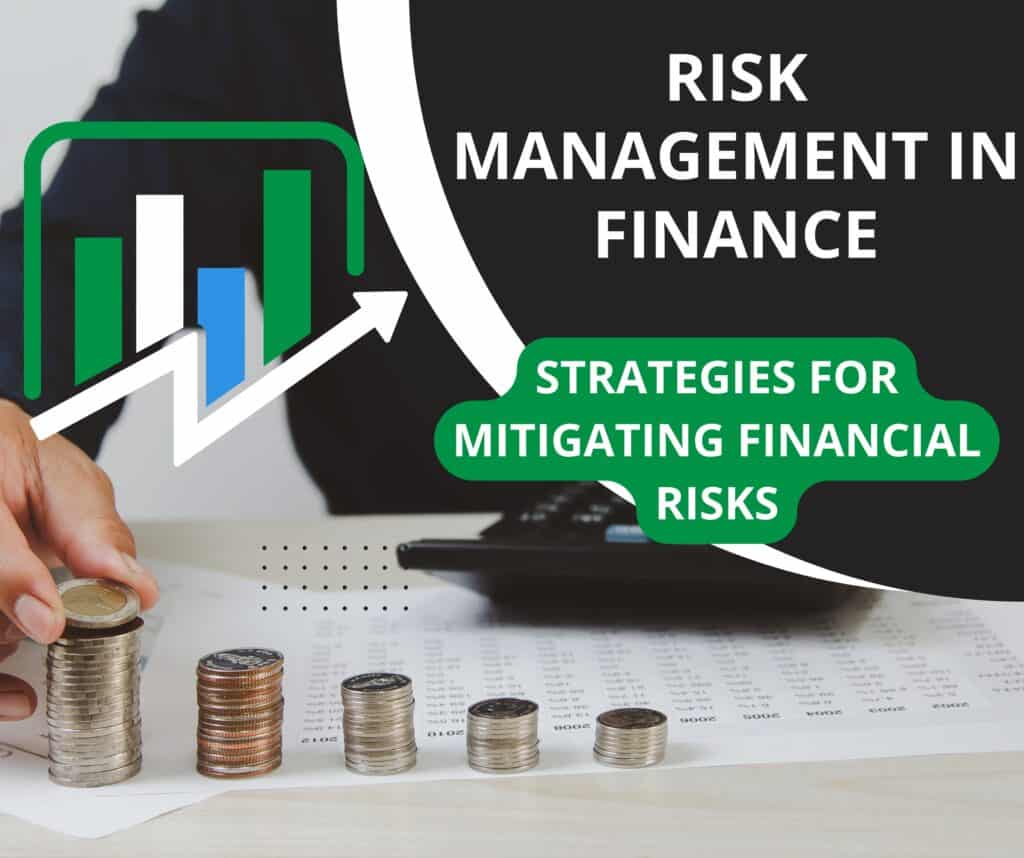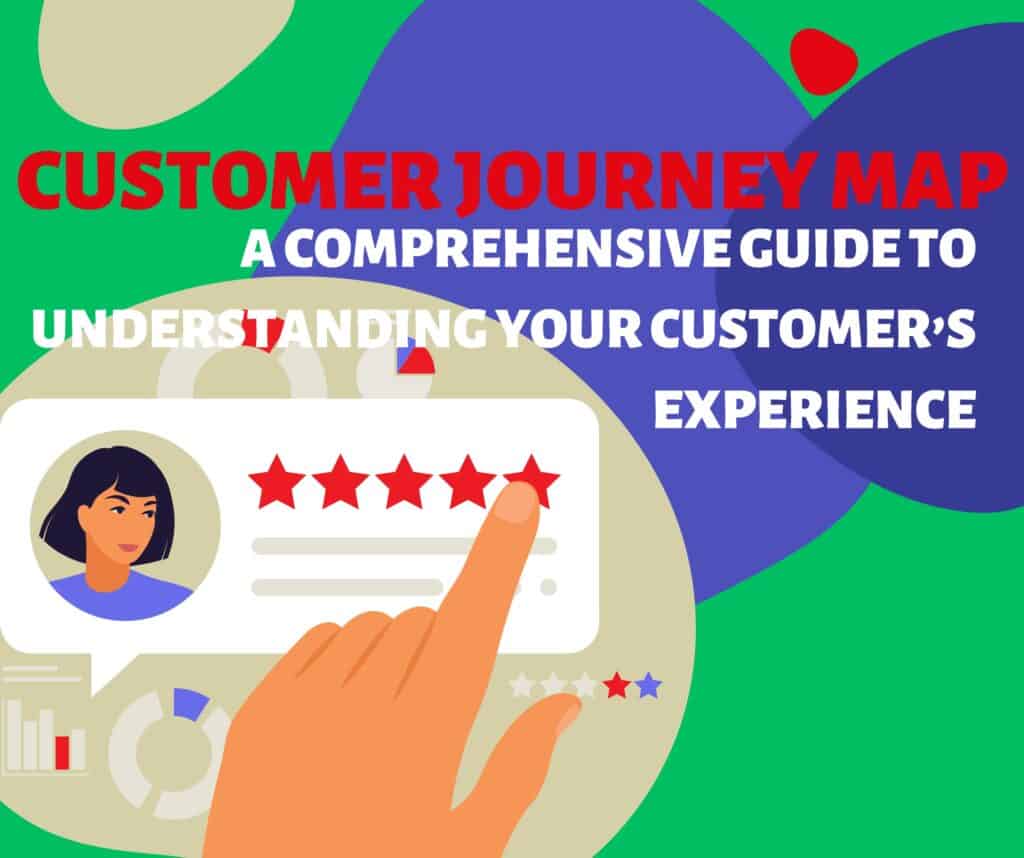When it comes to planning any event, one of the most crucial decisions is choosing the right venue. Whether you’re organizing a wedding, a corporate conference, or a casual party, the venue sets the tone for the entire occasion. It’s more than just a physical location—it’s the backdrop that influences the atmosphere, guest experience, and even the flow of the event.
The importance of selecting the right event venue cannot be overstated. A venue can make or break an event. For instance, a venue that’s too small can leave guests feeling cramped, while a space that’s too large can make the event feel empty and disconnected. The location, amenities, ambiance, and even the venue’s staff can impact the success of your event, determining whether guests leave with positive memories or frustrations.
Different Types of Events and Their Unique Venue Requirements:
- Weddings:
Weddings are intimate, personal events that often require picturesque settings like gardens, historic estates, or elegant ballrooms. A wedding venue must provide the right atmosphere to match the couple’s vision, whether it’s a romantic outdoor ceremony or a grand indoor reception. - Corporate Events and Conferences:
Business meetings, conferences, and corporate retreats need venues that cater to professionalism and efficiency. These venues often require meeting rooms equipped with audio-visual technology, high-speed internet, and flexible seating arrangements. The layout and functionality of the venue can influence the productivity and focus of attendees. - Parties and Social Gatherings:
Social events like birthday parties, anniversaries, or holiday celebrations often call for venues that encourage fun and engagement. Lounges, nightclubs, outdoor spaces, and themed event halls are common choices for these occasions. The right venue can create a lively and festive atmosphere, ensuring guests are entertained and comfortable throughout the event.
The Impact of the Venue on Event Success:
Choosing the wrong venue can lead to logistical nightmares and guest dissatisfaction. Imagine hosting a business conference in a venue with poor acoustics, where attendees struggle to hear speakers. Or, picture a wedding reception in a venue without adequate space for dancing, leaving guests unable to fully enjoy the celebration. These missteps can overshadow even the best-planned event details.
On the other hand, the right venue enhances the guest experience and complements the purpose of the event. It provides appropriate space, amenities, and ambiance, making sure every guest feels comfortable and engaged. Additionally, a well-suited venue simplifies the planning process by offering built-in services such as catering, seating arrangements, and decor, reducing the stress for the event planner.
Start your journey to financial freedom today. Click below!
Try Wealthy Affiliate (For Free).
Types of Event Venues
When planning an event, one of the first steps is to determine the type of venue that aligns with the event’s purpose and style. Whether you’re hosting a wedding, a corporate conference, or a social gathering, the venue plays a critical role in shaping the overall experience. Below, we break down the most common types of event venues, each catering to different needs, from traditional settings to more unique and creative spaces.
Wedding Venues
Weddings are deeply personal events, and the venue often sets the tone for this special day. Depending on the couple’s vision, the venue can range from elegant and formal to relaxed and unconventional. Here are some common types of wedding venues:
- Traditional Venues
Traditional wedding venues offer classic and timeless settings, perfect for couples who want a more formal atmosphere. Some popular traditional venues include:
- Ballrooms: These venues are often found in hotels or dedicated event spaces, offering grand, luxurious spaces with chandeliers, high ceilings, and plenty of room for large guest lists.
- Churches and Places of Worship: For couples seeking a religious ceremony, churches or other sacred spaces provide a spiritual and meaningful backdrop.
- Gardens: Outdoor garden venues are ideal for couples wanting a natural, romantic ambiance, surrounded by flowers and greenery.
- Unique Venue Options
For couples who want their wedding to stand out, unique venues offer unconventional settings that create a memorable experience:
- Barns: Rustic barn venues have grown in popularity for their charming, down-to-earth vibe, often located in scenic countryside locations.
- Beach Settings: For those wanting a destination wedding or a serene coastal atmosphere, beachfront venues provide a beautiful and relaxed setting with natural decor from the sand and sea.
- Rooftop Terraces: Urban couples may opt for rooftop venues, offering stunning city skyline views and a chic, modern environment.
Corporate Event Venues
Corporate events, such as conferences, seminars, and meetings, require venues that prioritize professionalism, functionality, and convenience. These venues must offer the necessary facilities to accommodate large groups and support business needs like presentations, networking, and collaboration.
- Conference Centers and Hotels
These venues are built specifically to handle corporate events, offering a range of features and services:
- Conference Centers: These are large, purpose-built venues that offer multiple meeting rooms, breakout areas, and state-of-the-art technology for presentations and workshops. They often come with experienced event staff to help manage the flow of large-scale events.
- Hotels: Hotels offer the convenience of both event space and accommodation, making them ideal for multi-day events or conferences where attendees travel from out of town. They often provide catering, audiovisual equipment, and flexible room setups.
- Unique Corporate Spaces
For companies looking to host a more creative or engaging event, unique venues can offer a refreshing change from traditional spaces:
- Museums: Hosting a corporate event in a museum offers a visually stimulating environment, surrounded by art, history, or science exhibits, which can spark inspiration and interest among attendees.
- Industrial Lofts: These venues feature an urban, minimalist aesthetic, often located in converted warehouses or factories. Their open layout and raw architectural elements make them versatile for tech conferences, product launches, or company celebrations.
Disclosure: This post contains affiliate links. If you make a purchase, I may earn a commission. However, these links offer free resources to help you succeed online.
Try Wealthy Affiliate (For Free).
Party & Social Event Venues
For parties, celebrations, and other social events, the venue should be lively, accessible, and fit the tone of the occasion. Whether it’s a birthday, anniversary, or casual gathering, the right venue can enhance the party’s atmosphere and make it a memorable experience for guests.
- Clubs, Lounges, and Event Halls
These venues are perfect for hosting parties where music, dancing, and socializing are the main focus:
- Clubs and Lounges: If the event is more informal and entertainment-heavy, clubs or lounges are ideal. They offer dance floors, seating areas, and often come with in-house sound systems and lighting to create a vibrant atmosphere.
- Event Halls: For larger gatherings such as banquets, award ceremonies, or charity galas, event halls offer ample space and often include catering and decor services.
- Outdoor Spaces
Outdoor venues bring a breath of fresh air and natural beauty to any social gathering:
- Parks and Gardens: These are great for casual events, such as picnics, reunions, or outdoor weddings. They provide open space for guests to move around and enjoy nature, often at a lower cost than indoor venues.
- Beaches and Poolside Venues: For summer parties or tropical-themed events, hosting a party by the water can create a fun and relaxed vibe. These venues are particularly popular for destination parties or casual social events.
Hybrid Venues
Hybrid venues are versatile spaces that can accommodate a wide range of event types, from formal corporate gatherings to relaxed social events. These venues offer flexibility in layout and design, making them a popular choice for those who need a multifunctional space.
- What Makes a Venue “Hybrid”?
Hybrid venues are typically designed with flexibility in mind, offering both indoor and outdoor spaces, or areas that can be reconfigured for different types of events. This adaptability allows them to host everything from weddings to product launches in the same space. - Examples of Popular Hybrid Venues
- Art Galleries: These venues are adaptable for different events, with open layouts and a creative ambiance that works for anything from a formal dinner to a product launch or fashion show.
- Converted Warehouses: Warehouses with industrial designs are being transformed into flexible event spaces. These large, open rooms can be divided into sections for various activities and are suitable for large conferences, trade shows, or even concerts.
- Hotels with Multiple Event Spaces: Some hotels now offer hybrid setups, where they can cater to corporate events during the day and transform into a party venue by night, with ballrooms, outdoor terraces, and flexible conference rooms.
Factors to Consider When Choosing an Event Venue
Selecting the right event venue goes beyond just aesthetic appeal; it involves a careful evaluation of several key factors that can significantly impact the overall success of your event. Here, we discuss the essential considerations to keep in mind when choosing an event venue, including location, capacity, amenities, and cost.
Location
Importance of a Convenient Location for Guests
The location of your event venue is one of the most critical factors influencing attendance and overall guest experience. A conveniently located venue makes it easier for attendees to reach the event, which can significantly boost turnout. A venue situated in a central area or a popular district is often more accessible for guests, especially those traveling from different parts of the city or from out of town.
How Proximity to Transportation and Hotels Can Impact Attendance
Consider the accessibility of your venue in relation to transportation options. Venues close to public transport, such as train stations, bus stops, or major highways, make it easier for guests to arrive without hassle. Additionally, if your event spans multiple days or attracts attendees from afar, having hotels nearby is a significant advantage. It allows guests to stay overnight, increasing the likelihood of attendance, especially for events like conferences or destination weddings. If possible, provide a list of nearby accommodations and transportation options to enhance the guest experience further.
Capacity
Determining the Size of the Venue Based on Guest Count
Understanding the expected guest count is essential for choosing the right venue. The capacity of a venue directly influences comfort and engagement during the event. A space that is too small can lead to overcrowding, leaving guests feeling uncomfortable and limiting movement. On the other hand, an overly large venue can create a sense of emptiness, dampening the atmosphere and making it difficult for guests to connect.
How to Ensure the Venue Fits the Event Size Comfortably
When assessing capacity, consider not just the number of guests, but also how the space will be utilized. Different types of events require different layouts:
- Seated Dinner: Ensure there is enough space for tables and chairs, as well as pathways for servers and guests.
- Networking Events: Open spaces with flexible seating arrangements encourage mingling and interaction.
- Presentations or Performances: Consider the visibility and acoustics of the room, as well as any staging or audiovisual requirements.
A good rule of thumb is to allow at least 10 square feet per guest in a standing reception, and more for seated events. Visiting the venue in person can help you visualize the layout and understand how well it can accommodate your specific needs.
Amenities
On-Site Catering, AV Equipment, and Furniture Rentals
Amenities can significantly enhance the convenience of your event and the overall experience for guests. Here are some critical amenities to consider:
- Catering Services: Some venues offer on-site catering, which can simplify meal planning and ensure that food service runs smoothly. If a venue does not provide catering, check if they have preferred vendors who are familiar with the space.
- Audiovisual Equipment: For presentations or performances, having access to AV equipment, such as microphones, projectors, and sound systems, can save time and money. Ensure the venue can accommodate your technical requirements.
- Furniture Rentals: Many venues provide tables, chairs, and linens as part of the rental package. Understanding what furniture is included can help you avoid additional rental costs.
Additional Services Offered (Parking, Event Coordination)
Consider other services the venue might offer, such as:
- Parking Facilities: On-site or nearby parking is crucial for guest convenience. Valet services can also add a touch of luxury to your event.
- Event Coordination: Some venues have dedicated staff to assist with event planning and execution, ensuring that everything runs smoothly on the day of the event. This can be particularly helpful for larger events that require more detailed coordination.
Cost and Budget
Breaking Down Costs (Rental Fees, Service Charges, Extras)
Understanding the total cost of the venue is essential for budgeting effectively. Event venues often have various costs associated with their use, including:
- Rental Fees: This is the base cost for using the venue and can vary significantly based on location, size, and amenities.
- Service Charges: Many venues add service fees for catering and staff. Be sure to ask for a detailed breakdown of all costs to avoid surprises.
- Extras: Consider potential additional charges, such as overtime fees for extending the rental period, fees for using AV equipment, or costs for furniture rentals.
Tips on Getting the Best Value for Your Budget
To maximize your budget while securing a venue that meets your needs, consider the following tips:
- Book Early: Venues can fill up quickly, especially during peak seasons. Booking in advance often allows you to secure better rates and more options.
- Negotiate: Don’t hesitate to discuss pricing with the venue manager. Many venues are willing to negotiate on rates or offer discounts for off-peak dates.
- Consider Package Deals: Some venues offer packages that include catering, décor, and AV services, providing better value than sourcing everything separately. Evaluate these packages to see if they fit your needs and budget.
Ready to create your own wealth? Click to begin
Try Wealthy Affiliate (For Free).
How to Find the Right Event Venue
Finding the ideal event venue involves thorough research, site visits, and strategic planning. The right venue not only aligns with your event’s goals but also creates a memorable experience for attendees. Here’s a comprehensive guide to help you navigate the process of finding the perfect venue.
Researching Online
Utilizing Venue Search Platforms
In today’s digital age, a wealth of information is available online, making it easier than ever to research potential venues. Here are some popular venue search platforms that can help streamline your search:
- The Knot: Primarily known for wedding planning, The Knot features a vast database of wedding venues, complete with photos, descriptions, and customer reviews. It also offers tools for budget tracking and vendor recommendations.
- EventUp: This platform caters to various events, from corporate gatherings to social celebrations. It allows you to filter venues by type, location, capacity, and amenities, making it easier to find options that suit your specific needs.
- Peerspace: Ideal for smaller, unique events, Peerspace connects users with creative spaces available for rent. This platform offers a diverse range of venues, from studios and galleries to lofts and outdoor areas.
Reading Reviews and Testimonials
Before narrowing down your options, take the time to read reviews and testimonials from previous clients. Feedback from others can provide valuable insights into:
- The venue’s service quality, including responsiveness and professionalism.
- The actual experience compared to what was advertised, helping to set realistic expectations.
- Specific details about logistics, such as parking availability and accessibility for guests with disabilities.
Online reviews often reflect the strengths and weaknesses of a venue, allowing you to make a more informed decision. Additionally, personal recommendations from friends or colleagues can lead you to hidden gems that may not be widely advertised.
Site Visits
Why Visiting Potential Venues Is Crucial
While online research is a valuable starting point, nothing beats an in-person visit to a venue. A site visit allows you to assess the space firsthand and gauge whether it meets your event’s specific requirements. Here are some reasons why visiting is essential:
- Understanding the Layout: A physical tour helps you visualize how the event will flow and how different spaces will be utilized.
- Assessing the Ambiance: You can get a feel for the venue’s atmosphere and determine if it aligns with your event’s theme or vibe. The décor, architecture, and overall aesthetic play a critical role in guest experience.
- Identifying Potential Issues: During a site visit, you can identify any potential challenges, such as accessibility issues or inadequate facilities for your specific needs.
What to Look for During Your Venue Tour (Ambiance, Lighting, Accessibility)
When touring potential venues, keep the following factors in mind:
- Ambiance: Observe how the venue feels. Is it warm and inviting, or cold and sterile? Consider whether the décor matches the tone of your event.
- Lighting: Natural lighting can enhance the venue’s appeal, while appropriate artificial lighting is crucial for evening events. Take note of any features like large windows, chandeliers, or dimmable lighting options.
- Accessibility: Ensure that the venue is accessible for all guests, including those with disabilities. Check for ramps, elevators, and accessible restrooms. Confirm that the venue can accommodate any special needs your attendees may have.
In addition to the space itself, consider the venue’s surroundings. Are there nearby parking options, public transport access, or hotel accommodations? All of these factors contribute to the convenience and overall experience for your guests.
Booking in Advance
The Importance of Early Booking for High-Demand Venues
Timing is crucial when it comes to securing the right venue. Many popular venues book up quickly, especially during peak seasons or for high-demand dates (such as holidays or weekends). Here are a few reasons why early booking is essential:
- Availability: The sooner you start your search and secure your venue, the more options you’ll have. Waiting too long may force you to compromise on your ideal location or date.
- Better Pricing: Venues often have peak pricing periods during busy seasons. By booking in advance, you may have the opportunity to negotiate better rates or take advantage of early-bird discounts.
- Peace of Mind: Securing your venue early allows you to shift focus to other event planning details, knowing that your location is already secured.
Key Questions to Ask Before Booking
Before finalizing your venue booking, it’s important to ask the right questions to ensure it meets your needs. Consider the following inquiries:
- What is included in the rental fee? Understand what amenities and services are included, such as furniture, AV equipment, or catering options.
- What is the cancellation policy? Knowing the venue’s cancellation or rescheduling policy is crucial in case your plans change.
- Are there any restrictions? Inquire about restrictions on décor, noise levels, and catering to avoid surprises on the day of the event.
- What is the venue’s policy on vendors? Some venues have a list of preferred vendors or may require that you use in-house services. Clarify these details to ensure you can work with your chosen suppliers.
- Is there a contingency plan for emergencies? Ask how the venue handles unexpected situations, such as power outages or severe weather, to ensure your event can proceed smoothly.
Top Event Venue Trends in 2024
As we move further into 2024, the landscape of event venues is evolving rapidly, influenced by emerging technologies, sustainability, and changing attendee expectations. Here are the top trends shaping event venues this year:
Sustainable Venues
Eco-Friendly Venues with a Focus on Green Practices
Sustainability continues to be a key consideration for event planners and attendees alike. As environmental awareness grows, more event venues are adopting eco-friendly practices to reduce their carbon footprint and promote sustainability. Here are some key features of sustainable venues:
- Green Certifications: Many venues are seeking certifications from recognized organizations (like LEED or Green Globe) to demonstrate their commitment to sustainable practices. These certifications often highlight energy efficiency, water conservation, and responsible waste management.
- Use of Renewable Resources: Eco-friendly venues may utilize solar panels, wind energy, or other renewable sources to power their operations. They may also source materials locally to minimize transportation emissions.
- Sustainable Catering Options: Venues are increasingly offering farm-to-table catering services, featuring locally sourced, organic, and seasonal ingredients. This not only supports local farmers but also reduces the environmental impact of food transportation.
- Waste Reduction Initiatives: Many venues are implementing recycling and composting programs to minimize waste. Additionally, they may offer digital solutions for event materials (like e-tickets and online agendas) to reduce paper use.
By choosing sustainable venues, event organizers not only contribute to environmental preservation but also appeal to eco-conscious attendees who value sustainability.
Create your own success story. Click to begin
Try Wealthy Affiliate (For Free).
Tech-Savvy Venues
Venues Equipped with the Latest Technology (AR/VR Experiences, High-Speed Wi-Fi)
The integration of technology in event venues has become increasingly important in 2024. Event organizers are seeking venues that offer cutting-edge technology to enhance the attendee experience. Here are some tech trends to watch for:
- Augmented Reality (AR) and Virtual Reality (VR) Experiences: Venues that incorporate AR and VR technologies allow event organizers to create immersive experiences for attendees. For example, attendees can explore a virtual version of the venue before arrival, or engage in interactive exhibits that utilize AR for enhanced storytelling.
- High-Speed Wi-Fi and Connectivity: Reliable, high-speed internet access is a must-have for modern events. Venues that offer robust Wi-Fi networks and ample charging stations allow attendees to stay connected, share experiences in real-time, and engage with event content seamlessly.
- Advanced Audio-Visual (AV) Equipment: Venues equipped with state-of-the-art AV technology, including large LED screens, high-quality sound systems, and interactive presentation tools, enable organizers to deliver impactful presentations and engage audiences effectively.
- Event Apps and Digital Engagement Tools: Many venues now offer integrations with event management software and apps that facilitate registration, networking, and real-time feedback. These tools help streamline event planning and enhance attendee engagement during the event.
With technology playing a crucial role in event success, venues that embrace these advancements stand out as attractive options for planners seeking innovative solutions.
Destination Venues
The Rise of Destination Events and Unique International Venue Options
In 2024, there is a noticeable shift toward destination events, where organizers opt for unique locations that offer memorable experiences for attendees. Here’s what to know about this trend:
- Exotic Locations: Event planners are exploring unconventional locations for their events, such as tropical resorts, historic landmarks, or scenic outdoor spaces. These venues provide an unforgettable backdrop and enhance the overall experience for attendees.
- Cultural Immersion: Hosting events in destination venues allows attendees to immerse themselves in local culture and traditions. This could include incorporating local cuisine, entertainment, and activities into the event program, creating a richer experience.
- All-Inclusive Packages: Many destination venues are offering all-inclusive packages that simplify the planning process for organizers. These packages often include accommodations, catering, and event coordination services, making it easier for planners to manage logistics.
- Remote and Hybrid Events: With the rise of remote and hybrid events, destination venues are also catering to attendees who may not be physically present. By providing high-quality streaming capabilities and interactive digital experiences, venues can ensure that remote participants feel engaged and included.
Event Venues for Specific Budgets
When planning an event, one of the most critical considerations is the budget. Fortunately, there are event venues available for every budget, ensuring that you can find a suitable space that meets your needs without compromising on quality or experience. Here’s a closer look at affordable and luxury event venues, along with what to expect from each category.
Affordable Event Venues
Budget-Friendly Options Without Compromising on Quality
Finding an affordable venue doesn’t mean you have to sacrifice quality or atmosphere. Many budget-friendly venues offer excellent services and facilities that can accommodate various types of events. Here are some common types of affordable venues:
- Community Centers: These spaces are often available for rent at a fraction of the cost of traditional venues. They typically have ample space, kitchen facilities, and equipment that can be used for events like parties, workshops, or meetings.
- Local Parks and Outdoor Spaces: Parks can be a beautiful and cost-effective venue for outdoor events such as weddings, picnics, or community gatherings. Many parks offer rental options for pavilions or open spaces, and often the natural setting provides an excellent backdrop.
- Non-Profit Organizations and Churches: Many non-profit organizations and churches rent out their facilities at reasonable rates. These venues often have spacious auditoriums and meeting rooms, perfect for various events, from receptions to conferences.
DIY-Friendly Venues for Customization
Some affordable venues encourage creativity and personalization, allowing you to customize the space to fit your vision. These DIY-friendly venues typically come with fewer restrictions and more flexibility, including:
- Warehouse Spaces: Often available for a reasonable price, these raw spaces can be transformed into unique venues. With minimal existing décor, you have the freedom to create your ideal atmosphere using your design choices.
- Vineyards or Farms: Many wineries and farms offer scenic settings for events at competitive rates. These locations often allow for flexibility in décor and set-up, making them perfect for DIY events.
- Art Galleries or Studios: These spaces often have an artistic flair and can be rented at lower prices than traditional venues. They offer an ideal canvas for creative event design, allowing you to showcase your personality and theme.
By choosing an affordable venue, you can allocate more of your budget toward other aspects of the event, such as catering, entertainment, or décor.
Luxury Event Venues
High-End Venues Offering Exclusivity and Premium Services
For those looking to create a truly unforgettable experience, luxury event venues provide a level of exclusivity and service that is hard to match. These high-end options typically come with exceptional amenities and dedicated staff, ensuring a seamless event experience. Key features of luxury venues include:
- Stunning Architecture and Design: Luxury venues often feature breathtaking architecture, beautifully landscaped grounds, and lavish interiors. Whether it’s a grand ballroom or a chic rooftop terrace, the ambiance sets the tone for an upscale event.
- Exceptional Service: High-end venues provide attentive service with trained staff who are experienced in managing events. This may include event coordinators who work closely with you to tailor the event to your specifications, ensuring that every detail is executed flawlessly.
- Exclusive Packages: Many luxury venues offer comprehensive event packages that include catering, décor, and entertainment. This can simplify the planning process and provide peace of mind, knowing that everything will be handled by a professional team.
Iconic Venues That Make a Statement
Luxury venues are often defined by their prestige and history, making them sought-after locations for special events. Here are some examples of iconic venues:
- Historic Landmarks: Consider hosting your event in a historic building, such as a castle, museum, or theater. These venues add an element of grandeur and cultural significance to your occasion.
- High-End Hotels and Resorts: Luxury hotels often offer stunning ballrooms and rooftop spaces with panoramic views. They typically provide complete event services, including catering, event planning, and accommodations for out-of-town guests.
- Exclusive Private Clubs: Private clubs often have beautiful facilities and amenities, including golf courses, spas, and fine dining. Hosting your event at such a location can give guests a feeling of exclusivity and sophistication.
Conclusion
Choosing the right venue is a cornerstone of planning a successful event, whether it’s a wedding, corporate gathering, or a casual celebration. The venue not only sets the atmosphere but also influences the overall experience of your guests. A well-chosen venue can elevate your event, ensuring that it runs smoothly and leaves a lasting impression.
Recap of Importance
Selecting the right venue impacts various aspects of your event, including:
- Atmosphere: The venue’s design, location, and amenities contribute significantly to the mood and theme of the event. A venue that aligns with your event’s purpose enhances the guest experience.
- Logistics: The right venue ensures that logistical considerations—like accessibility, capacity, and available amenities—are met. This can help in avoiding last-minute challenges and ensuring everything runs smoothly.
- Guest Experience: A venue that is comfortable, convenient, and aesthetically pleasing will enhance your guests’ experience, making them more likely to enjoy the event and remember it positively.
Consideration of Factors
As you embark on the journey of selecting the perfect venue, it’s crucial to consider the various factors outlined in this article:
- Type of Event: Different events require different types of venues. Understanding the nature of your event—whether it’s formal, casual, or hybrid—will help you narrow down your options.
- Location: Ensure the venue is easily accessible for your guests, with convenient transportation options nearby.
- Capacity and Amenities: Assess your guest list to determine the appropriate venue size and check for essential amenities that meet your event’s requirements.
- Budget: Stick to your budget while exploring both affordable and luxury options to find the best value without compromising on quality.
Start building your online income today. Click below!
Try Wealthy Affiliate (For Free).
Final Tips for Booking
To finalize your decision and ensure you choose the ideal event venue, keep the following tips in mind:
- Book Early: Popular venues can be booked well in advance, especially for peak seasons. Early booking gives you a better chance of securing your preferred date and venue.
- Ask Key Questions: When visiting potential venues, inquire about any restrictions, additional fees, cancellation policies, and what services are included in the rental. This information can help you avoid unexpected costs later on.
- Consider Flexibility: Look for venues that offer some flexibility in terms of layout, decor, and catering. This can help you tailor the space to fit your vision, making your event truly unique.
- Seek Recommendations: Don’t hesitate to ask friends, family, or colleagues for recommendations or insights into venues they’ve used in the past. Their experiences can provide valuable information and help you make a more informed choice.
In conclusion, finding the perfect event venue is a significant step in planning a memorable and successful event. By understanding the factors to consider and taking a strategic approach to venue selection, you can ensure that your event is not only well-executed but also leaves a lasting impression on your guests. With the right venue, your event can be transformed into a remarkable experience that resonates with everyone involved. Happy venue hunting!
We’d love to hear from you! Have you recently planned an event and found the perfect venue? Or do you have questions about choosing the right space for your upcoming gathering? Share your experiences, tips, or inquiries in the comments below! Your insights could help others in their venue search, and together, we can create a helpful community for event planning. Don’t hesitate to reach out—we’re here to support you in making your next event a resounding success!







